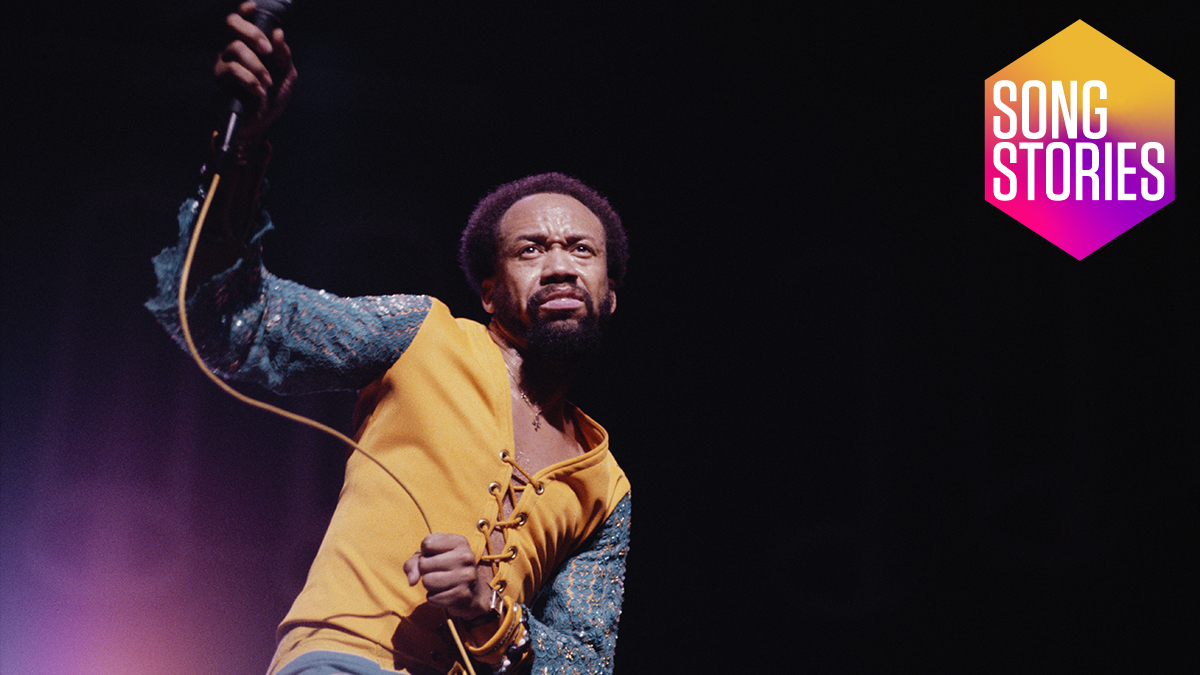Why the date in Earth Wind & Fire’s September doesn't mean anything, and how it could have sounded different if it had been recorded in a DAW
A song story of nonsense lyrics and a wandering tempo

“Do you remember the 21st night of September?” We’re guessing you do, what with it now being just a few hours later, but if you are struggling to recall what happened last evening, allow us to reassure you that it was definitely a good idea to have that last drink, and you certainly didn’t embarrass yourself.
Which brings us, in a roundabout sort of way, to Earth Wind & Fire’s September, the disco/funk/R&B banger from which that famous opening lyric is taken. Inevitably, the internet has decreed that, in honour of the song, 21 September is now Earth, Wind & Fire Day, which is fine by us (though, it should be said that any day that features a blast of EWF’s music is a pretty good one).
It turns out, though, that the specific date has no real significance at all, with September co-writer Allee Willis telling an interviewer in 2008: “We went through all the dates: 'Do you remember the first, the second, the third, the fourth... ' and the one that just felt the best was the 21st."
EWF’s Maurice White, another of September’s co-writers (both he and Willis are now sadly deceased) is said to have supported this claim, though his wife, Marilyn, once noted that the 21st was the due date of one of their sons, Kahbran.
Ultimately, though, it appears that the specific date was chosen pretty randomly, though as Willis recalled to CBS This Morning, she did suggest one crucial lyrical tweak. On hearing the original line - "Do you remember, the 21st day of September" - she said to White: "Day's gotta go. It's gotta be night. It's more romantic."
Of the music itself, Al McKay - the third credited writer on September - told Spotify in 2018: “It was one of those mornings. I came downstairs feeling really good. Went to my studio, set up a groove, and it just came piece by piece by piece. I brought it to Maurice, and he liked it right away. Then he said, ‘Play it again.’ And I kept playing it for him. The last time, he looked at me and he sang, ‘Do you remember …’”
What of the rest of the lyrics, though - or rather, the lack of them? Al McKay assumed the ‘ba-dee-ya’ line that kicks off each chorus was simply a placeholder that would be replaced at some point… but it never was.
Get the MusicRadar Newsletter
Want all the hottest music and gear news, reviews, deals, features and more, direct to your inbox? Sign up here.
McKay told Spotify: “Finally, it’s the last day of recording. The deadline is midnight and it’s 10 minutes to. And I was literally in the studio, on my knees, because I thought, ‘Oh my God, this stupid phrase is going to ruin the whole thing.’
I learned the biggest lesson of my songwriting career at that moment: never let the lyric get in the way of the groove.
Al McKay
“So I finally said to this incredibly calm, soulful, spiritual man, ‘WHAT THE FUCK DOES ‘BA-DEE-YA’ MEAN?’ And Maurice essentially said ‘Who the fuck cares?’ And I learned the biggest lesson of my songwriting career at that moment: never let the lyric get in the way of the groove.”
What a groove it is, too - a slinking, spritely, effortless thing that just builds and builds. In fact, it sounds like the excitement of the song was almost got the better of EWF when they were recording it; September starts out at around 124bpm, and is up to 126bpm before the end of the first chorus. By the time the track fades out, the tempo is close to 129bpm, which is quite a leap.
Had September been recorded today, to click of a DAW, this simply wouldn’t have happened, but perhaps the tempo drift is all part of the charm.
It certainly helped to do the trick commercially: when September was released, in November 1978 (it was recorded in the month of its name in that same year), it hit number one on the Billboard Hot R&B Songs chart, number eight on the US Billboard Hot 100, and number three on the UK Singles Chart. It’s since been covered, remixed and sampled numerous times, and remains a go-to record for DJs looking to fill a dancefloor.
To which, all we can say is: ba-dee-ya to that.



I’m the Deputy Editor of MusicRadar, having worked on the site since its launch in 2007. I previously spent eight years working on our sister magazine, Computer Music. I’ve been playing the piano, gigging in bands and failing to finish tracks at home for more than 30 years, 24 of which I’ve also spent writing about music and the ever-changing technology used to make it.









